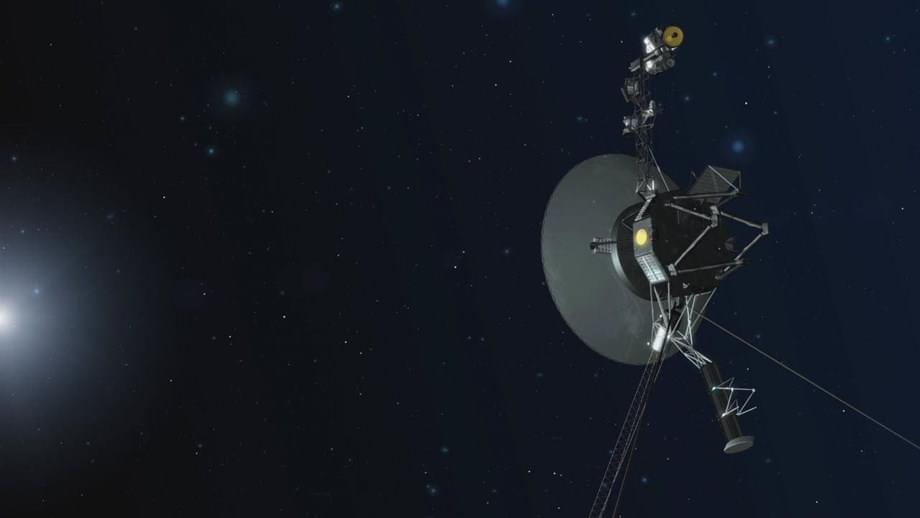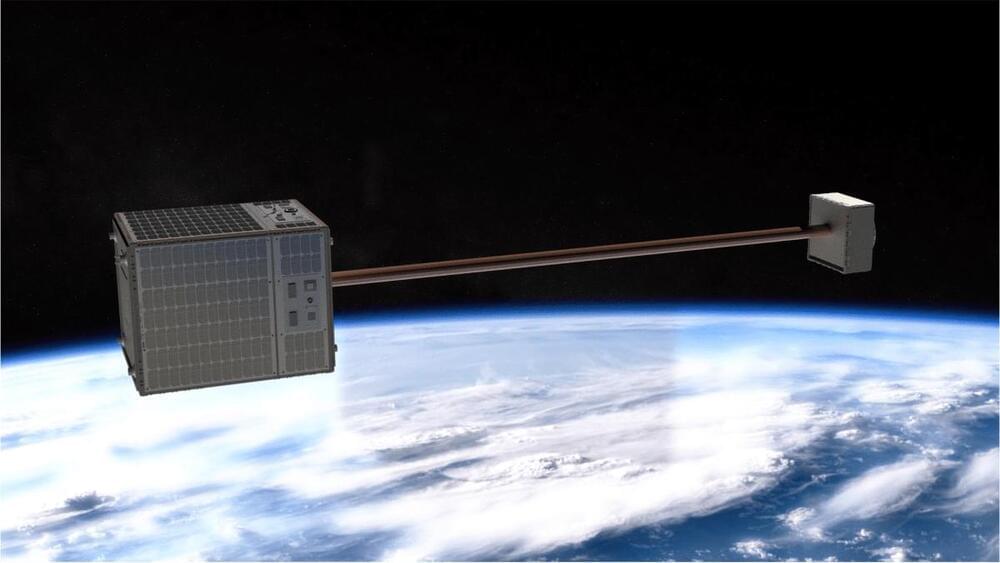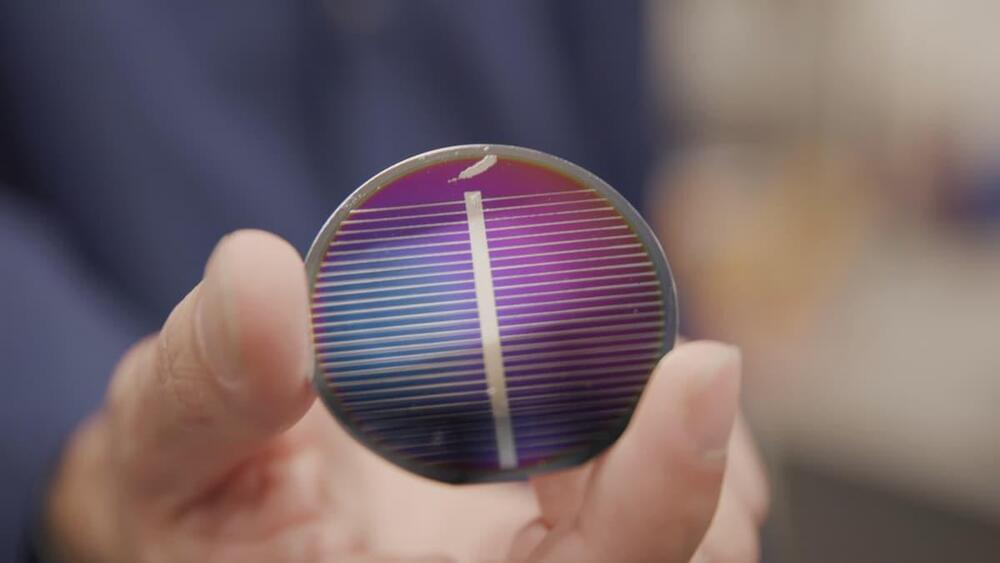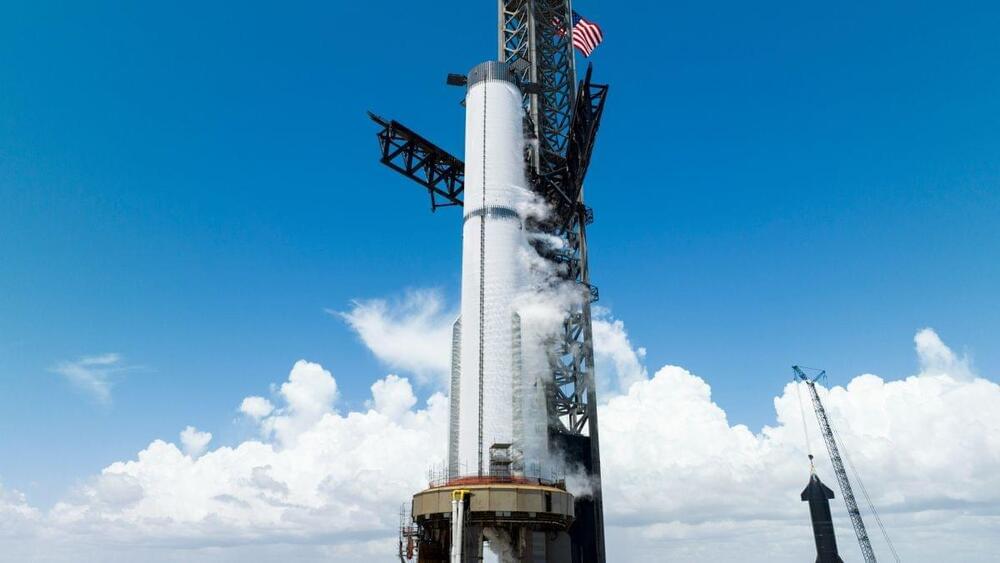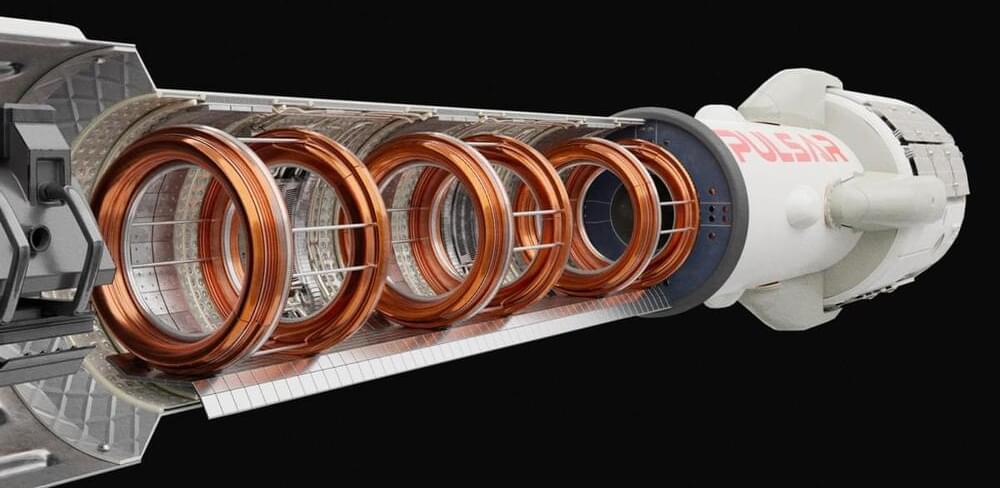Reducing reliance of aninmal experimentation. 🐀
According to the team, this new unparalleled technology facilitates the precise manipulation of biological materials, enabling the creation of highly sophisticated and realistic organoids that closely mimic the complexity of the corresponding human organs.
The cutting-edge magnetic and acoustic levitation will bioprint heart models to improve protection against radiation both in space and on Earth.
After being awarded nearly 4 million euros by the European Innovation Council’s Pathfinder Open, PULSE is aiming to foster technological innovations to improve human health and pave the way for safer and more sustainable space exploration.
Multi-Levitation bioprinting and creating realistic organoids
The device, designed by PULSE, combines magnetic and acoustic levitation into an innovative bioprinting platform capable spatiotemporal control of cell deposition.

